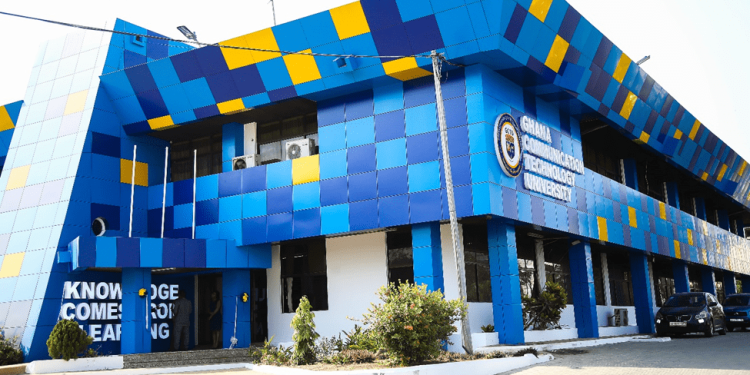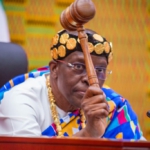
From its modest beginnings in 2005 to its current status as a leading public university, the Ghana Communication Technology University (GCTU) has cemented its role as a catalyst for innovation, equipping students with cutting-edge skills to drive national development in an increasingly digital world.
With campuses in Accra, Kumasi, and Takoradi, and learning centers spanning Ho to Nungua, GCTU blends global academic rigor with locally relevant tech training, preparing graduates to thrive in sectors from telecommunications to artificial intelligence.
Originally accredited in 2006 with 350 students, GCTU has grown exponentially, now educating over 7,000 learners. Its transformation into a full public university in 2020 under the GCTU Act marked a turning point, aligning its mission with Ghana’s national agenda for technological advancement. The university’s partnerships with institutions like Coventry University (UK) and Anhalt University of Applied Sciences (Germany) enable dual-degree programs, allowing students to earn globally recognized qualifications without leaving Ghana—a cost-effective model that democratizes access to world-class education.
At the core of GCTU’s success is its industry-focused curriculum. Programs in engineering, computing, IT business, and management integrate hands-on projects with theoretical learning, while collaborations with telecom giants and ICT firms offer students internships and real-world problem-solving opportunities. “Our goal isn’t just to teach technology but to shape innovators who can transform industries,” said Vice-Chancellor Professor Emmanuel Ohene Afoakwa, a seasoned academic whose leadership has prioritized entrepreneurship and research excellence.
The university’s facilities—equipped with advanced labs and dynamic learning spaces—reflect its commitment to practical training. A standout initiative is its emphasis on bridging the digital divide: satellite campuses in regions like Ho and Koforidua ensure rural students gain access to tech education, fostering inclusivity in a sector often concentrated in urban hubs.
GCTU’s impact extends beyond academia. Its research centers tackle challenges from sustainable energy to agritech, while alumni dominate Ghana’s tech startups and corporate IT departments. Yet the institution faces ongoing challenges, including scaling infrastructure to meet surging enrollment and securing funding for cutting-edge tech resources.
As Ghana strides toward its digital economy goals, GCTU stands at the forefront, proving that homegrown talent, when nurtured with vision and investment, can compete on the global stage. For aspiring engineers, coders, and tech leaders, the university isn’t just a school—it’s a launchpad for Africa’s next innovation revolution.
- President Commissions 36.5 Million Dollars Hospital In The Tain District
- You Will Not Go Free For Killing An Hard Working MP – Akufo-Addo To MP’s Killer
- I Will Lead You To Victory – Ato Forson Assures NDC Supporters
Visit Our Social Media for More




